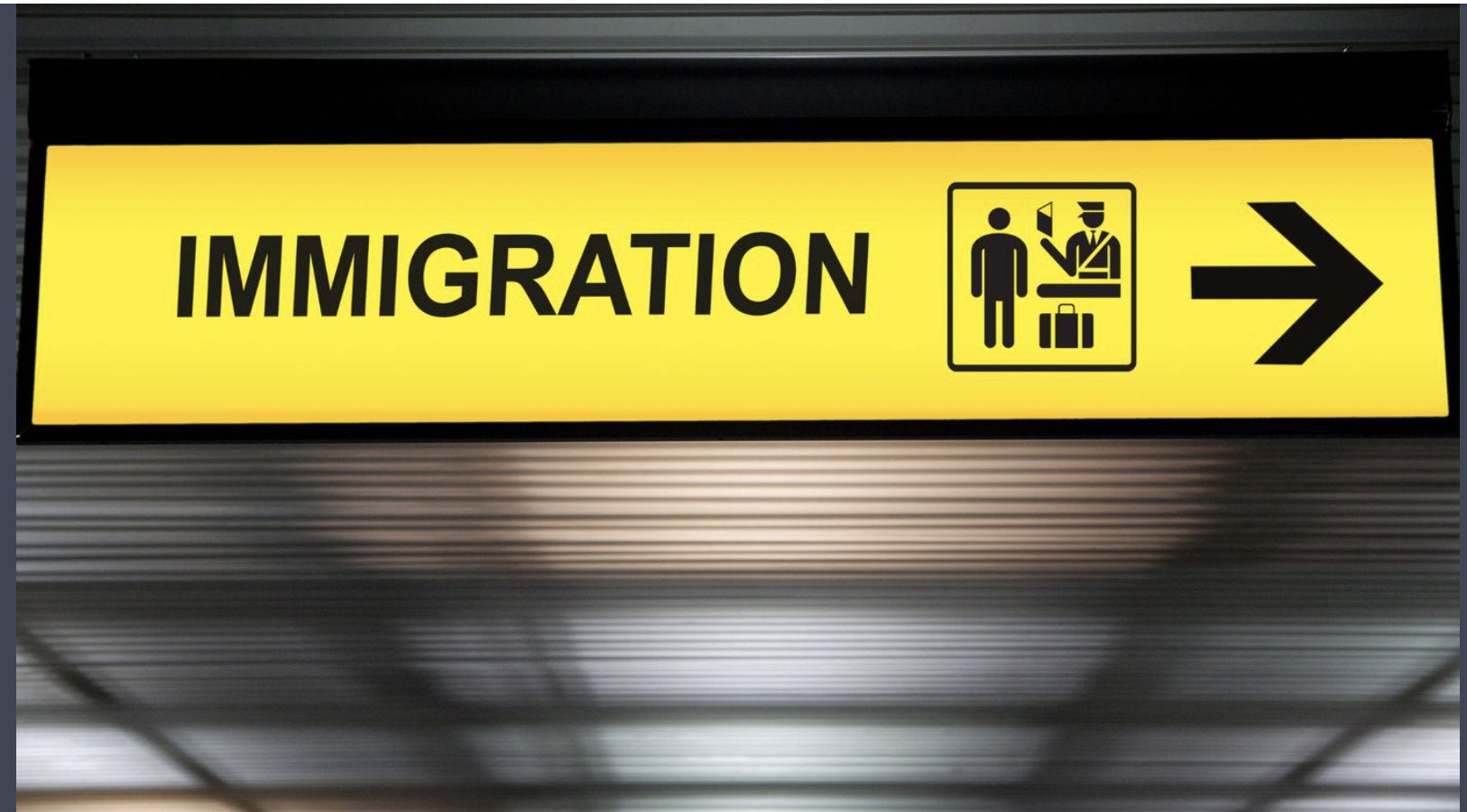Mexican lawmakers will again take up the issue of establishing rules for a regulated marijuana market in the new legislative session that begins on Wednesday, a top senator says.
The country’s Supreme Court first deemed the prohibition on personal consumption and cultivation of cannabis for adults unconstitutional in 2018. Since then, there’s been an ongoing effort in the Congress to legislate on the issue—but lawmakers have repeatedly failed to meet court deadlines to end marijuana criminalization.
The court took matters into its own hands in June and invalidated prohibition, without a regulatory scheme in place. Also that month, President Andrés Manuel López Obrador said his administration will respect the court’s decision, and he indicated that further reforms could potentially be placed before voters on the ballot.
But Sen. Julio Ramón Menchaca Salazar of the MORENA party said in a new statement on Monday that cannabis legalization will ideally be taken up by the legislature in the forthcoming session after regular orders of business are addressed.
La Leyes para la Regulación del Cannabis y de Mecanismos Alternos de Solución de Controversias, así como las reformas al Código Nacional de Procedimientos Civiles y Familiares, son temas que forman parte de la agenda legislativa: @Julio_Menchaca. https://t.co/3t2803zZDA
— Senadores Morena (@MorenaSenadores) August 30, 2021
The senator noted the fact that both the Senate and Chamber of Deputies have passed legislation to legalize and regulate cannabis, but could not agree on the details before lawmakers adjourned for the last session.
“The ideal is to finish the legislative process—to be able to have, without the pressure of time, the possibility of retaking this opinion, taking the good that was done in the Chamber of Deputies, because some modifications were correct,” Menchaca, who chairs the Senate Justice Committee, said, according to a translation.
He added, however, that the Senate-passed reform initiative that was revised in the Chamber of Deputies could be further “enriched with the participation of the senators.” He also said lawmakers in the opposite chamber sent the Senate a revised bill “with inconsistencies, some of them unconstitutional.”
Despite being granted multiple Supreme Court extensions to enact a policy change, the Congress failed to get the job done by the latest April 2021 deadline—due in large part to key differences between the proposals from the two chambers.
The resulting inaction prompted justices to hold a vote on a general declaration of unconstitutionality in June. A majority agreed to end criminalization, though the Ministry of Health still has some regulatory authority with respect to permitting personal cultivation.
The Senate approved a legalization bill late last year, and then the Chamber of Deputies made revisions and passed it in March, sending it back to the originating chamber. A couple of Senate committees then took up and cleared the amended measure, but leaders quickly started signaling that certain revisions made the proposal unworkable.
That’s where the situation stood for weeks as the court’s latest April 30 deadline approached. There was an expectation that the Senate would again ask the court for an extension, but that did not take place. Instead, lawmakers have begun floating the idea of holding a special legislative session in order to get the job done this year.
After the Chamber of Deputies approved the Senate-passed legalization bill, senators said that the revised proposal was critically internally conflicted—on provisions concerning legal possession limits, the definition of hemp and other issues—and lawmakers themselves could be subject to criminal liability if it went into effect as drafted.
But Senate Majority Leader Ricardo Monreal Avila said in April that if the court were to make a declaration of unconstitutionality before a measure to regulate cannabis was approved, it would result in “chaos.”
Sen. Eduardo Ramírez Aguilar of the ruling MORENA party said in April that “at this time, it is important to legislate in the terms that are presented to us” and then consider additional revisions to cannabis laws through subsequent bills.
That’s been the position many legalization advocates have taken as well, urging lawmakers to pass an imperfect bill immediately and then work on fixing it later.
Under the prior proposal, adults 18 and older would be allowed to purchase and possess up to 28 grams of marijuana and cultivate up to six plants for personal use. The deputies made changes that principally concern the regulatory structure, rules for the commercial market and licensing policies.
One of the most notable changes made by the Chamber of Deputies was that the revised bill would not establish a new independent regulatory body to oversee the licensing and implementation of the program as was approved by the Senate. Instead, it would give that authority to an existing agency, the National Commission Against Addictions.
Deputies also approved additional revisions to increase penalties for unauthorized possession of large amounts of cannabis, prevent forest land from being converted to marijuana growing areas and to require regulators to “coordinate campaigns against problematic cannabis use and…develop permanent actions to deter and prevent its use by minors and vulnerable groups.”
Advocates had hoped for more. Throughout this legislative process, they’ve called for changes to further promote social equity and eliminate strict penalties for violating the law.
While the bill would give priority for licenses to marginalized communities, advocates are worried that there might not be strict and specific enough criteria to actually ensure that ends up being the case. They also pushed for an amendment to make it so a specific percentage of licenses would be set aside for those communities, but that did not happen.
Monreal Avila, the Senate majority leader, said ahead of the Chamber of Deputies vote that there “is no problem if they modify the cannabis law, we have no problem.”
The president, for his part, said in December that a vote on legalization legislation was delayed due to minor “mistakes” in the proposal.
The legalization bill cleared a joint group of Senate committees prior to the full floor vote in that chamber last year, with some amendments being made after members informally considered and debated the proposal during a virtual hearing.
Members of the Senate’s Justice, Health, and Legislative Studies Committees had approved a prior version of legal cannabis legislation last year as well, but the pandemic delayed consideration of the issue. Salazar of the MORENA party said in April that legalizing cannabis could fill treasury coffers at a time when the economy is recovering from the health crisis.
As lawmakers work to advance the reform legislation, there’s been a more lighthearted push to focus attention on the issue by certain members and activists. That push has mostly involved planting and gifting marijuana.
In September, a top administration official was gifted a cannabis plant by senator on the Senate floor, and she said she’d be making it a part of her personal garden.
A different lawmaker gave the same official, Interior Ministry Secretary Olga Sánchez Cordero, a marijuana joint on the floor of the Chamber of Deputies in 2019.
Cannabis made another appearance in the legislature in August, when Sen. Jesusa Rodríguez of the MORENA party decorated her desk with a marijuana plant.
Drug policy reform advocates have also been cultivating hundreds of marijuana plants in front of the Senate, putting pressure on legislators to make good on their pledge to advance legalization.
Medical Disclaimer:
The information provided in these blog posts is intended for general informational and educational purposes only. It is not a substitute for professional medical advice, diagnosis, or treatment. Always seek the advice of your physician or other qualified healthcare provider with any questions you may have regarding a medical condition. The use of any information provided in these blog posts is solely at your own risk. The authors and the website do not recommend or endorse any specific products, treatments, or procedures mentioned. Reliance on any information in these blog posts is solely at your own discretion.







